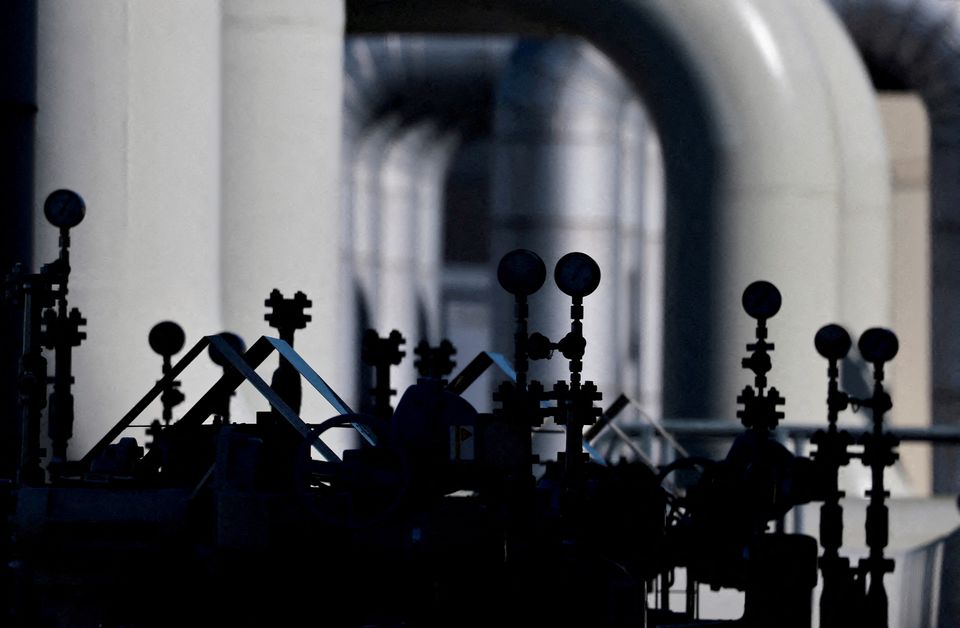
The July statistics from Germany's foreign trade office BAFA are the fifth to reflect the impact of the war in Ukraine, which began on Feb. 24, and Western sanctions against what the Kremlin calls a "special military operation."
Europe's biggest economy was more reliant than many others in Europe on Russian gas, mostly supplied via the Nord Stream 1 pipeline that Russia halted, blaming Western sanctions while European politicians say Russia is weaponising energy.
Pipeline gas from Norway, the Netherlands, Britain and Denmark as well as providers of liquefied natural gas (LNG) on board ships have started playing a greater role.
Energy traders monitor the imports because supply and demand affect wholesale market prices and volumes while effects of the supply shortages have also spread to industry, and contribute to inflation and recessionary trends.
Gas data also correlates with coal, as both compete in the production of electricity, while also giving clues about demand for mandatory European Union carbon emissions permits.
BAFA's statistics, which are published with a two-month delay, showed January-July imports at 2,282,849 terajoules (TJ), or 64.9 billion cubic metres (bcm), compared with 3,065,578 TJ a year earlier.
As supply disruptions propelled gas prices to record highs, Germany's import bill increased to 38.3 billion euros ($37.86 billion) in the seven-month period, compared with 14.5 billion euros in the same period of 2021, the data showed.
The average price paid on the border during January to July was up 254.3% year on year at 16,784.17 euros/TJ, BAFA said.
The July price alone of 28,811.16 euros, equivalent to 10.37 cents per kilowatt hour (kWh), was more than five times that of July 2021 at 5,341.58 euros.
($1 = 1.0117 euros)